In last week’s Focus on Talent article, the importance of employee development plans was discussed, and mentorship within the workplace was one of the suggested components of a development plan. Mentorship is valuable for all employees, but having a workplace mentorship program in place is of particular importance for the newest generation of workers.
– Cortney Erin, Vice President, Global Talent Acquisition, Adobe
Results from the 2023 Adobe Future Workforce Study revealed that over 80% of Gen Z employees feel that mentorship is crucial to their professional and personal development.

A workplace mentorship program doesn’t have to be a complicated, time-consuming endeavour. While more formal, structured mentorship programs exist (particularly within large organizations), small businesses can implement a more informal program (i.e. flexible timeframes and goals, less structured interactions) and still reap the benefits of mentorship: increased employee engagement, improved employee morale, and the growth of company culture.
Ideally, mentoring should start during or shortly after the onboarding process in order to integrate a new employee into your business more quickly. While mentoring is often a one-on-one relationship between a junior and senior member of the team (much like a student-teacher relationship), peer mentoring allows two employees that are at similar levels in the company to build off of each other’s experience and expertise. If a company has hired more than one new employee in a short period of time, group mentoring allows one or more mentors and several mentees to come together to learn, and is particularly useful for strengthening team dynamics.
Reverse mentoring, a mentor-mentee relationship in which junior team members share information upward, has increased in popularity in recent years due to the shifting landscape of employee stage of life. This type of mentorship is extremely beneficial in helping to bridge generational gaps, and also helps to build future leaders by allowing young professionals to develop their interpersonal and managerial skills.
In summary, taking the time to assess which type (or types) of workplace mentorship program would work best for your organization and implementing it, can lead to benefits for both individual employees and the company overall.


